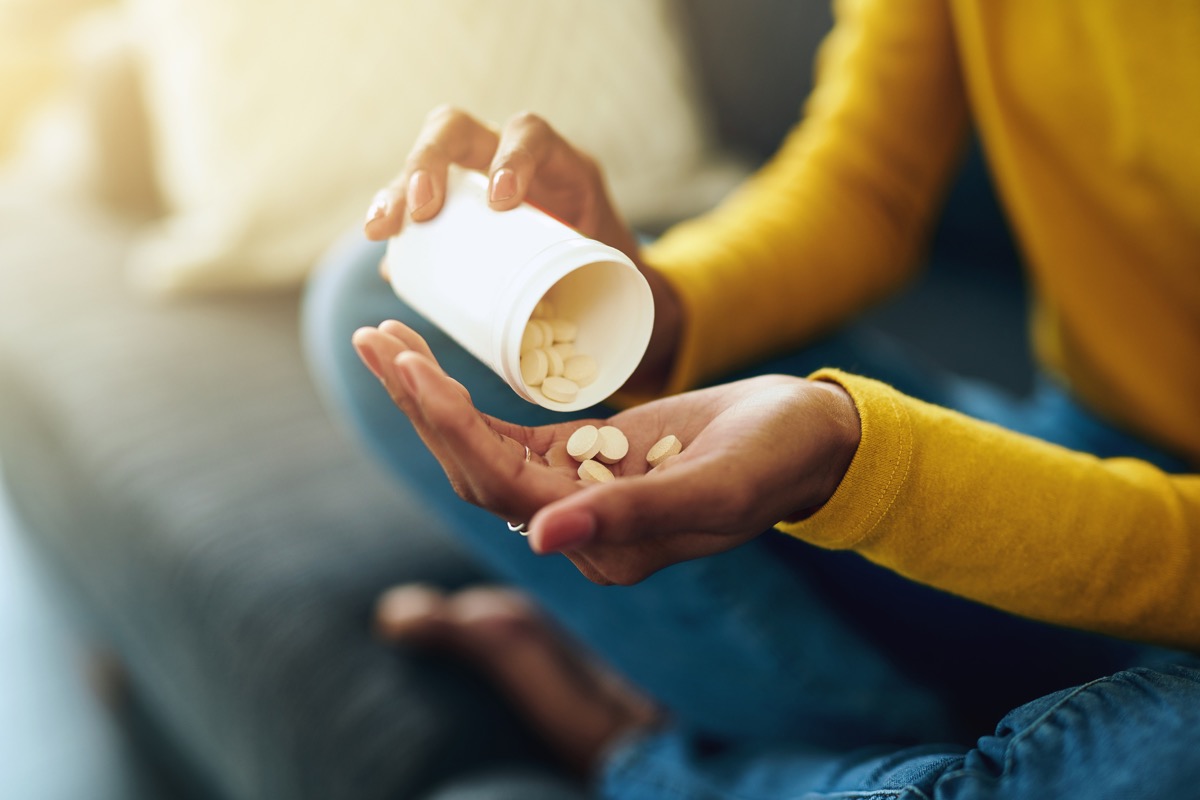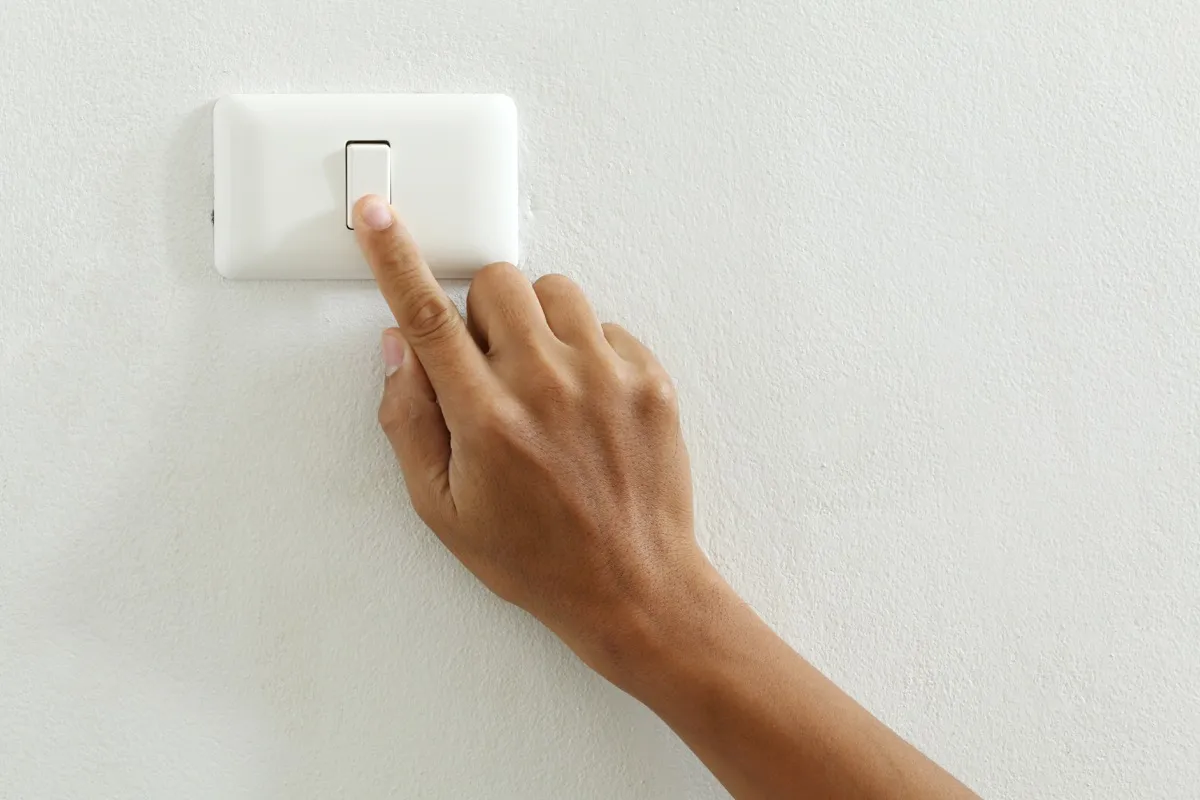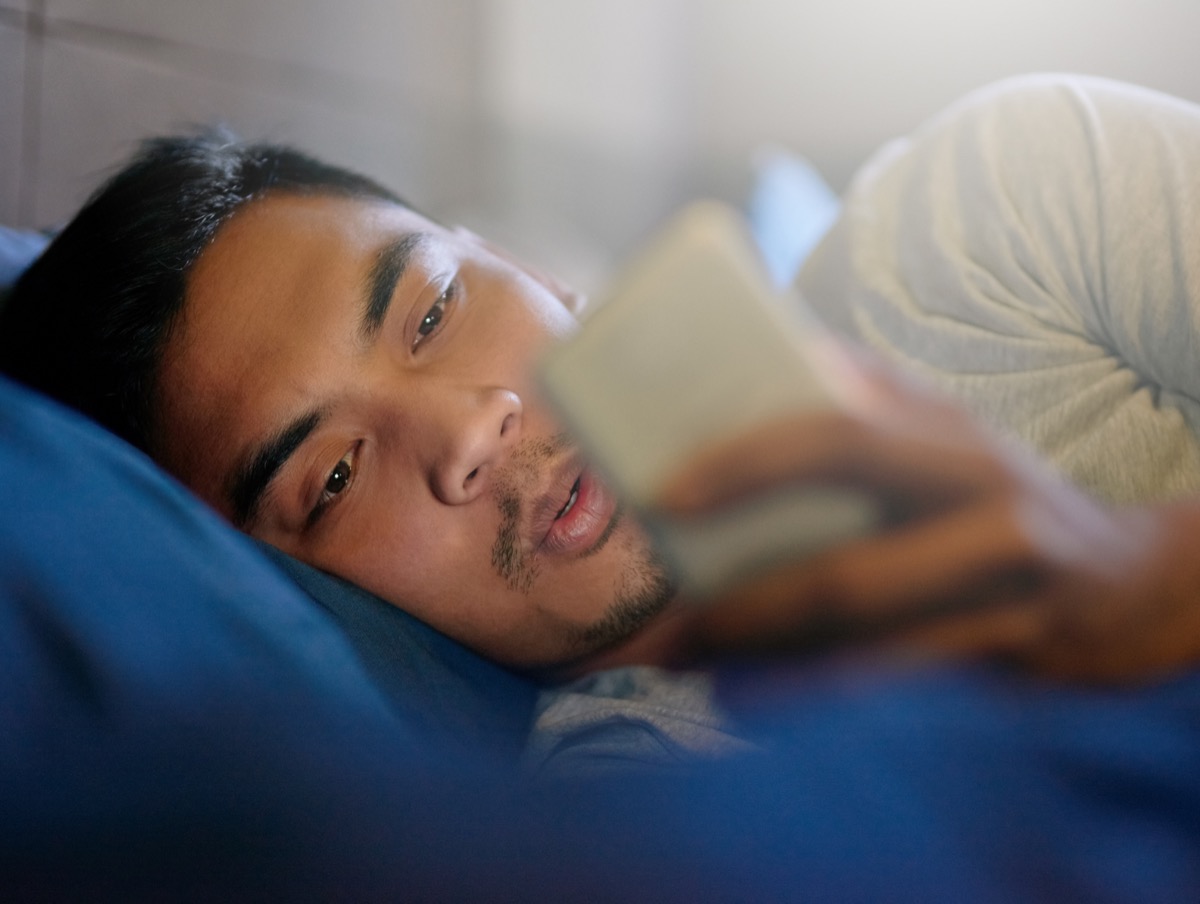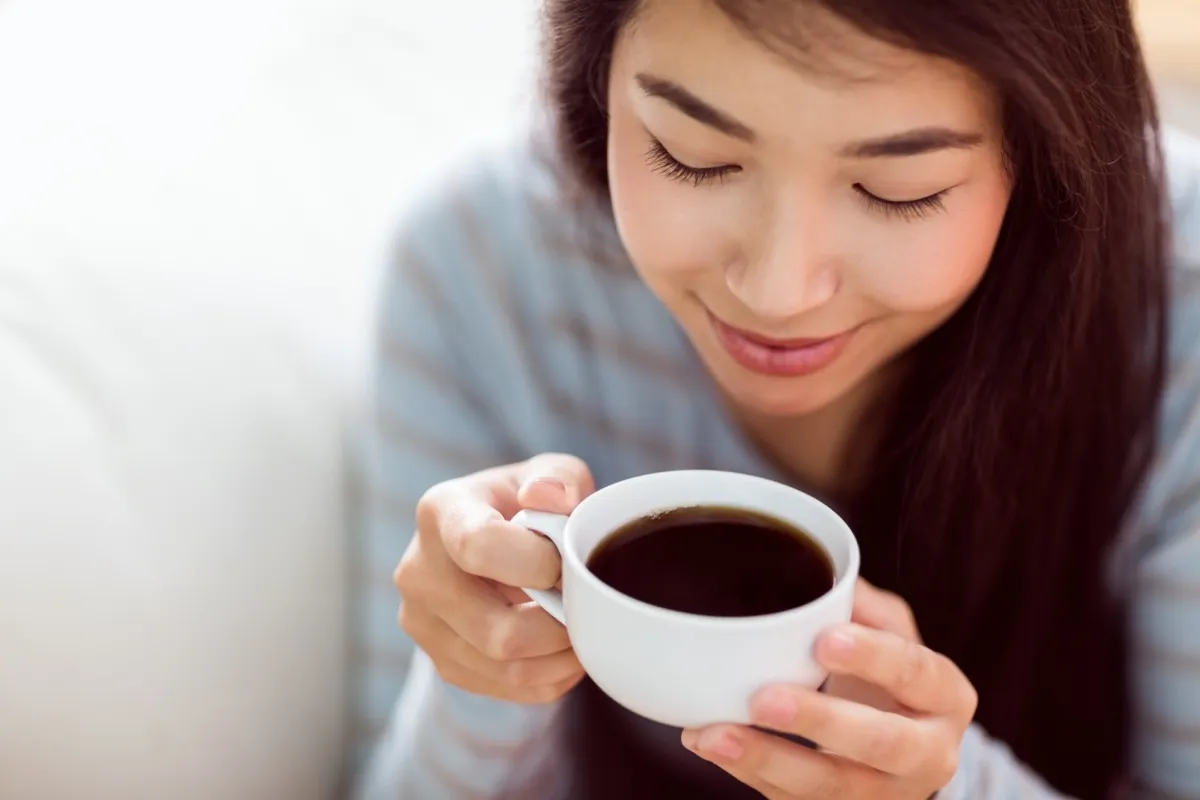Melatonin is a hormone primarily released by the pineal gland that is responsible for “regulating circadian rhythm and synchronizing the sleep-wake cycle with night and day,” says Wayne Ross, a senior sleep researcher working with InsideBedroom. How much melatonin you produce is regulated by light exposure, explains Alex Savy, a certified sleep science coach and founder of Sleeping Ocean. And the reason you sleep at night is because your night-time levels of melatonin are around “10-fold higher than daytime concentrations,” Ross notes. So when fall and winter bring about increased darkness due to Daylight Saving Time, that results in even higher levels of melatonin secretion. “Fewer or lesser hours of sunlight during fall and winter results in a higher level of melatonin production,” Ross explains. “This causes longer bouts of sleep during these seasons and is directly related to sluggishness and reluctance to get out of bed in the morning.” Savy points out that this can also result in another problem that makes it hard to get out of bed: Seasonal Affective Disorder (SAD). “SAD can be caused by higher levels of melatonin and decreased serotonin secretion—both of which are related to lack of sunlight,” he says. The time of the year isn’t the only thing that can mess with your melatonin production, however. For more factors that can negatively affect your sleep hormone levels at night, read on. And for additional help catching those zzz’s, Wearing These Just Before Bed Could Help You Sleep, Study Finds. If you’re thinking about taking certain pain medications before bed, think again. According to a pivotal 1996 study, non-steroidal anti-inflammatory drugs (NSAIDs) like Aspirin and Motrin suppress your nighttime melatonin levels. According to WebMD, exposure to artificial light right before bedtime makes it harder to sleep by suppressing the production of melatonin in your body. And for more useful content delivered straight to your inbox, sign up for our daily newsletter. Blue light can also affect your sleep, so turning out the lights means shutting off your screens, as well. According to the Sleep Foundation, blue light can delay the release of melatonin, therefore keeping you awake in bed. And for more things that may be delaying your ability to rest, make sure you Never Put This In Your Body Before Bed If You Want to Sleep. You might want to rethink that cup of coffee you lean on to get through your late afternoon slump. Sharon M. O’Brien, MPAS, a physician assistant and medical writer for Clinical Advisor, points out that caffeine has been proven to suppress the production of melatonin, making it harder for you to sleep. And for more on how to measure your intake, know that If You Can Smell This, You’re Drinking Too Much Caffeine, Study Finds.ae0fcc31ae342fd3a1346ebb1f342fcb



